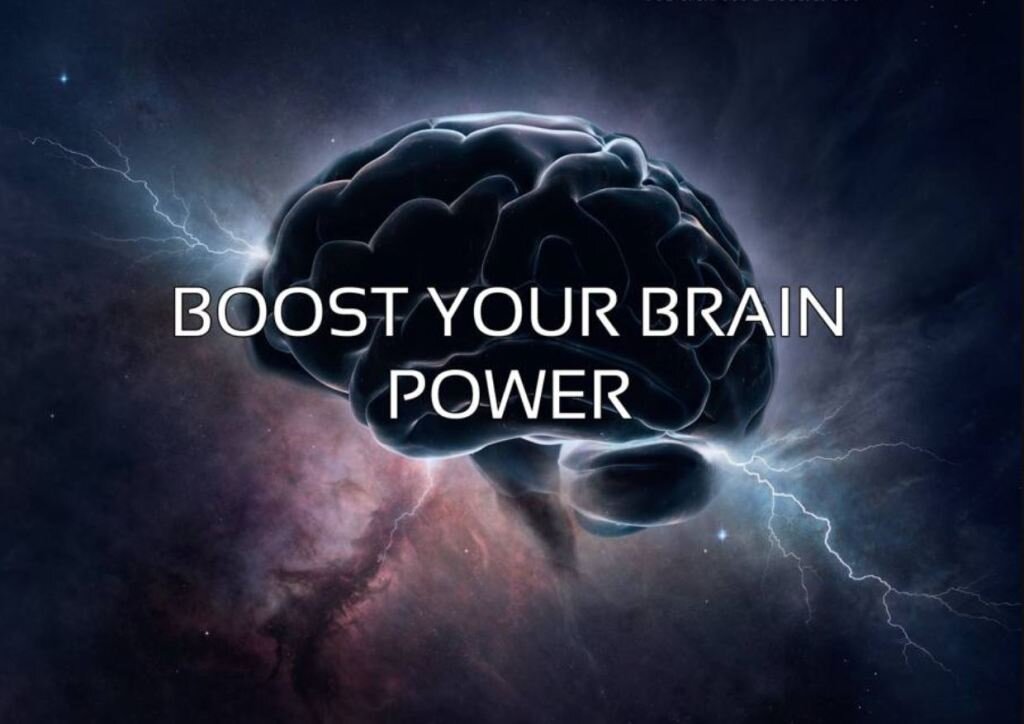Why is Everyone Talking About Neurofeedback and What can it do for me?
Why is Everyone Talking About Neurofeedback and What can it do for me?
Neurofeedback is a relatively new technique in the world of mental health that's been making waves - in fact, we wouldn't be surprised if you've come across the term once or twice before.
But why is it such a big deal? Well, for one, neurofeedback works: it can help the brain recover from problematic conditions and behaviors. Yes, we're here to reassure you that there is hope, even for the most recalcitrant of disorders. Never give up!
Secondly, neurofeedback does this without any prescription drug use whatsoever. This is something parents worried about the effects medications such as Ritalin could have on their children are happy to hear.
It goes without saying that the human brain is an incredible organ - after all, it's at the center of what makes us human! The amazing human brain allows us to reason, learn, tell jokes, create stories and music, and communicate and receive complex information through speech or the written word.
The brain also filters our experience of the world around us. Think about that for a minute: everything you see around you, every reaction to every experience you go through, is regulated and communicated by the brain.
Neurological Disorders: When Brain Function Becomes Problematic
If this is the case, it makes sense why neurological disorders can be so devastating. Conditions like ADD/ADHD, anxiety and depression, OCD, or PTSD - among many others - can make tasks and experiences a neurotypical person would consider simple incredibly difficult.
Remember, though: as we mentioned above, one thing the human brain is quite good at is learning. So, can the brain, in a sense, "unlearn" these conditions?
The answer turns out to be yes, at least to an extent. One thing that a lot of research has been poured into in recent years is the concept of neuroplasticity - neuroplasticity is just a fancy way of saying the brain is "plastic" and malleable and so can learn, altering the way it functions.
Why and How Neurofeedback Works
Neurofeedback takes advantage of two important axioms to help people achieve desired brain function. Namely, that
1) Neurological conditions originate in abnormal functioning of the brain that is not beneficial to the person 2) That the brain can learn and change the way it functions
Today, technology allows us to observe a person's brain function in real-time. It's technology, in the form of incredibly advanced brain-computer interface systems, that lies at the core of neurofeedback.
Let's take you through the process:
During a neurofeedback session, sensors are attached to a person's head in order to monitor their brain activity. If the person has ADD/ADHD, the desired brain-behavior would be intense concentration. The person may be directed to watch a movie or play a video game and, while doing so, reinforcing visual and auditory signals will appear when they are concentrating.
Essentially, during a session, the brain will learn to be rewarded by the desired behavior. Using the technology of neurofeedback, the brain grows to understand that inability to concentrate (or whatever other problematic behavior) is not what we want and the ability to concentrate is what we want. This is all done on a subconscious level without input from the person.
One mother of a child with ADHD saw the improvements for herself, and was quite happy her son could get better without taking prescription drugs.
What Can Neurofeedback Help With?
Research has shown that neurofeedback can be an effective treatment not only for ADD/ADHD but also for epilepsy and other seizure disorders, and autism. Research into its effectiveness for conditions such as PTSD, learning disabilities, anxiety disorders, depression, and even chronic pain or traumatic brain injury is ongoing but promising.
Additionally, neurofeedback may be able to help with more common (but still brain-originated) problems like difficulty sleeping or difficulties with memory or concentration, reduce stress, and promote overall mind-body wellness.
Since neurofeedback is targeted - focusing on those areas of brain function you want to improve - it can help you strengthen certain skills such as regulating your mood, absorbing more information from books or lectures, and overall have a more competitive, cognitive edge. It may even be able to help with things such as boosting sports performance.
Final Thoughts
We're quite excited by the many possibilities presented by neurofeedback - its principles are sound and it really is a breakthrough treatment in "speaking" directly to the brain, ultimately the source of neurological issues. Not to mention, it's completely drug-free and non-invasive.
If you'd like to see if neurofeedback can help you or your child, feel free to set up a session with us today and we'll get started reclaiming the brain - not to mention quality of life - for you or your child.


